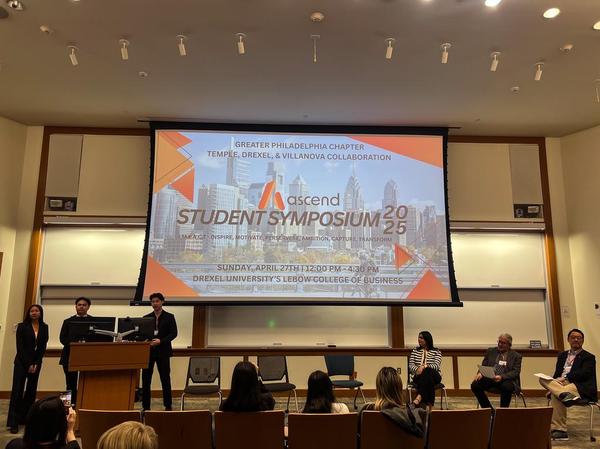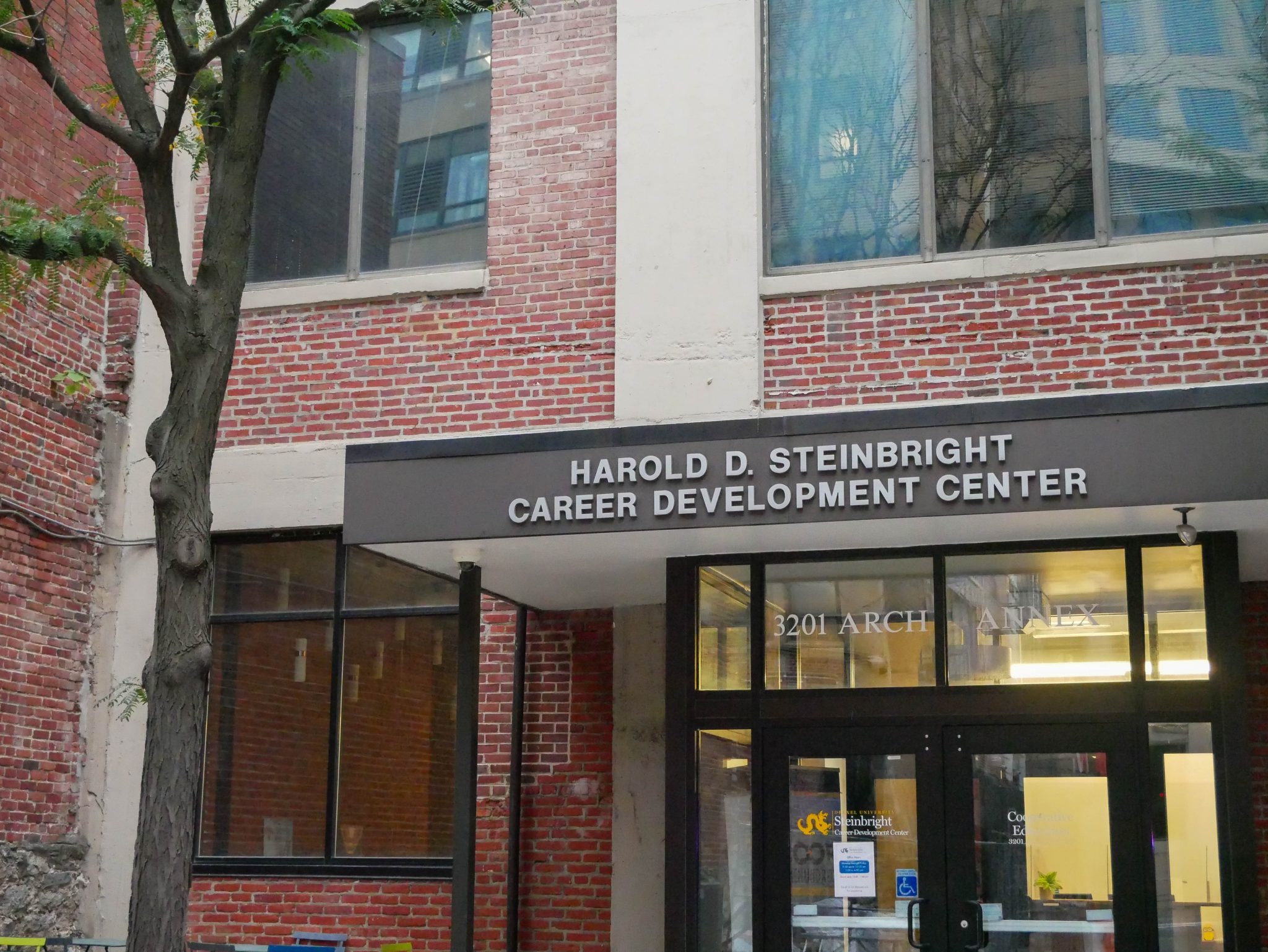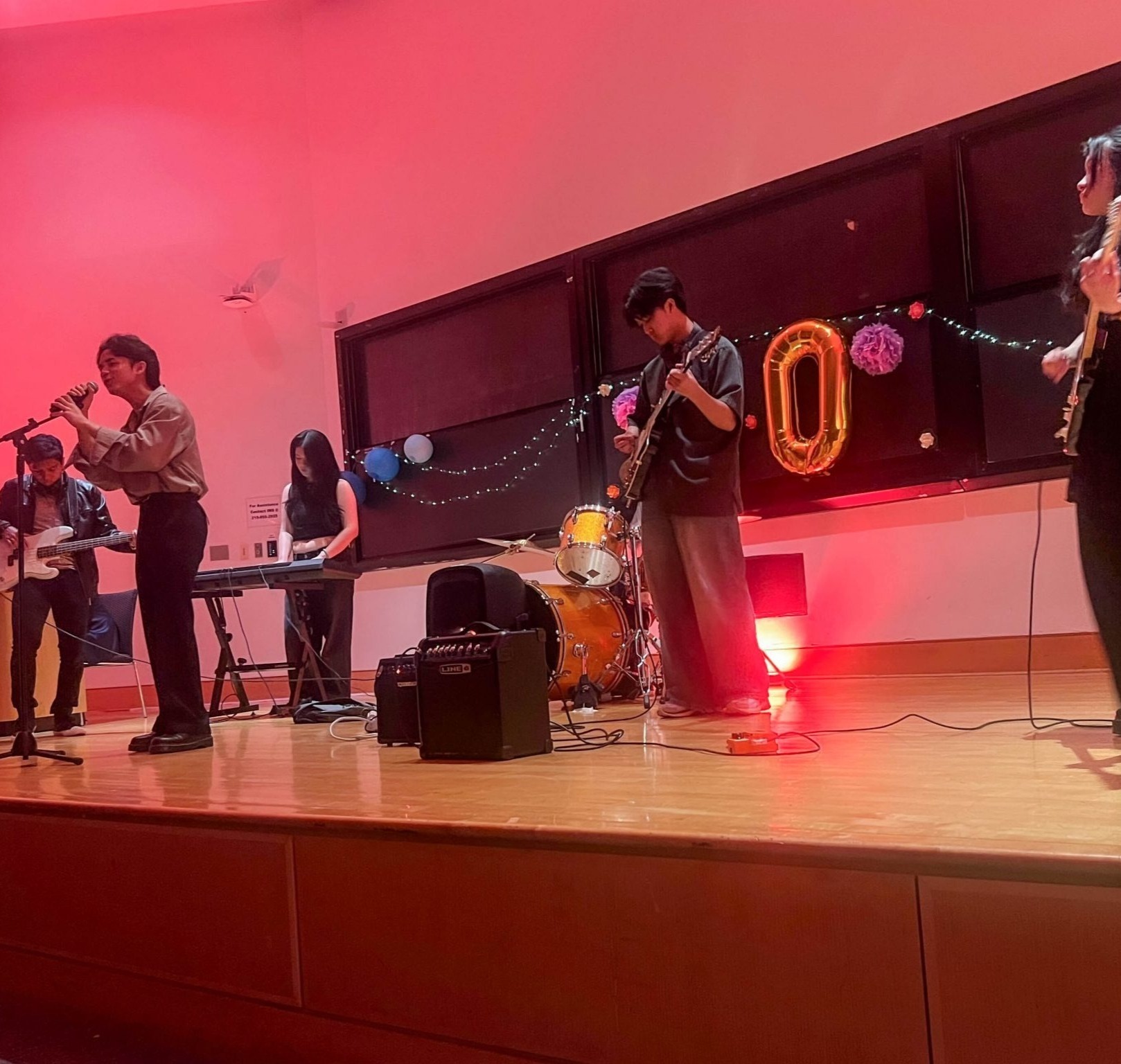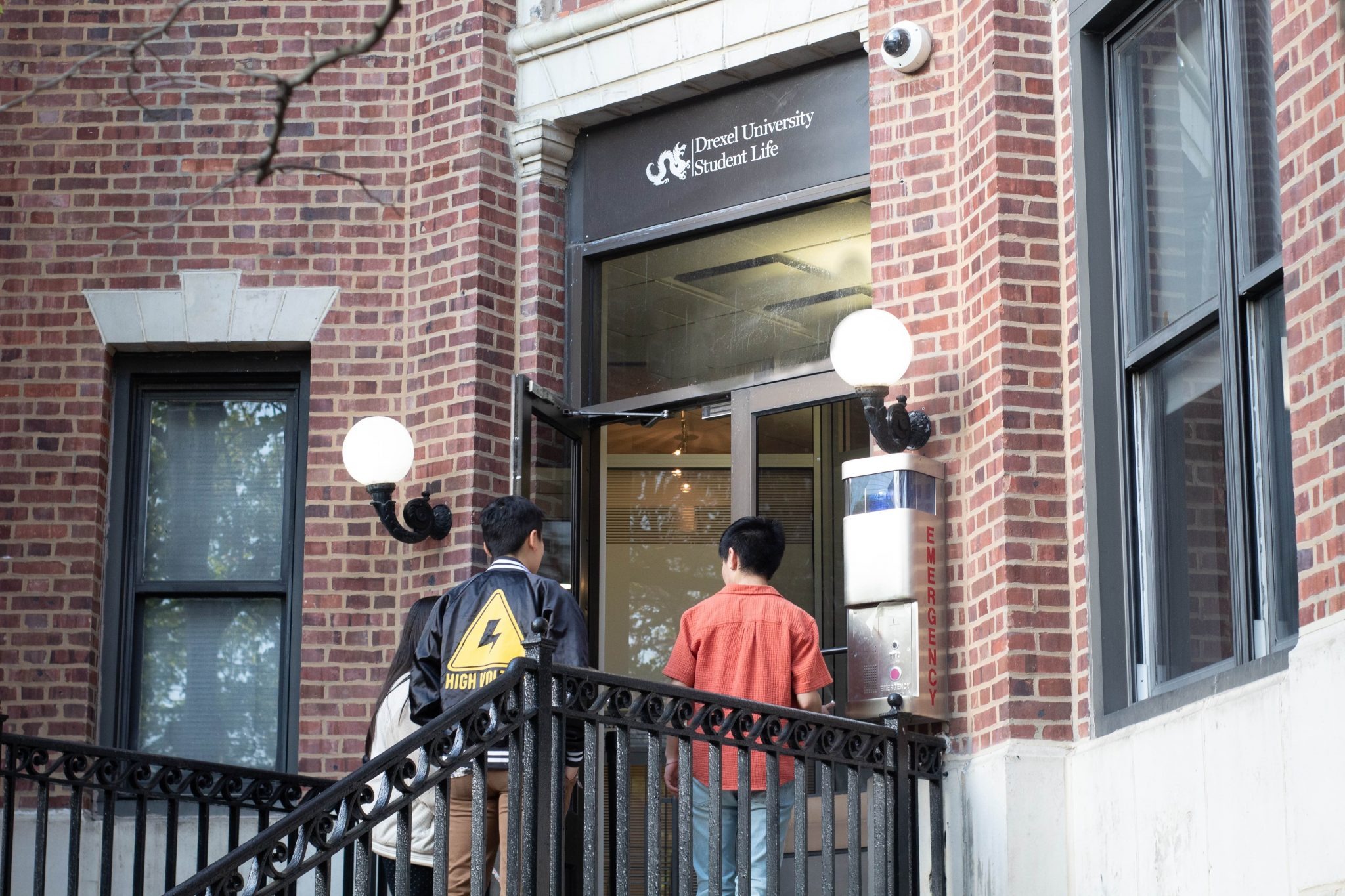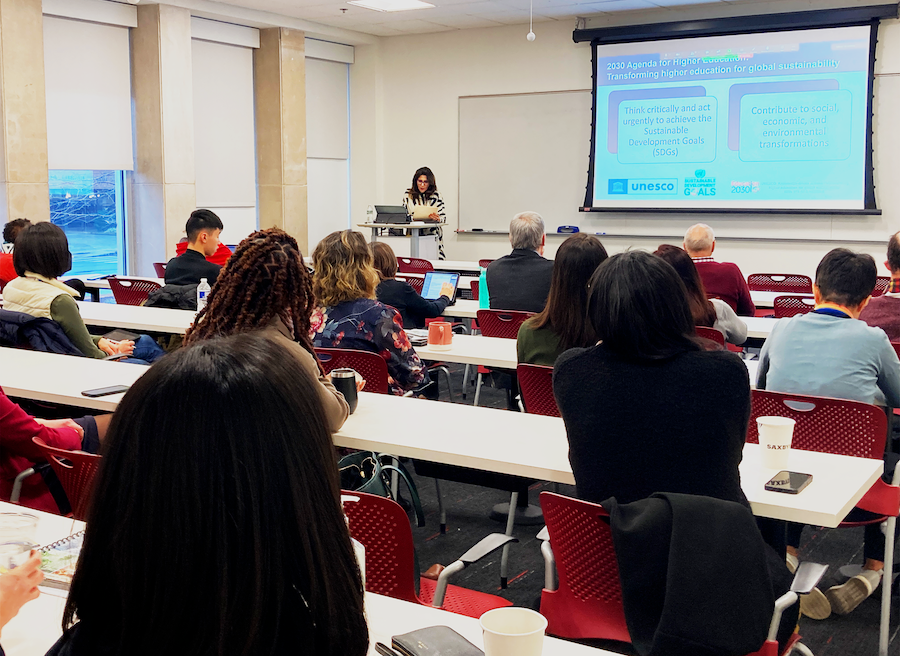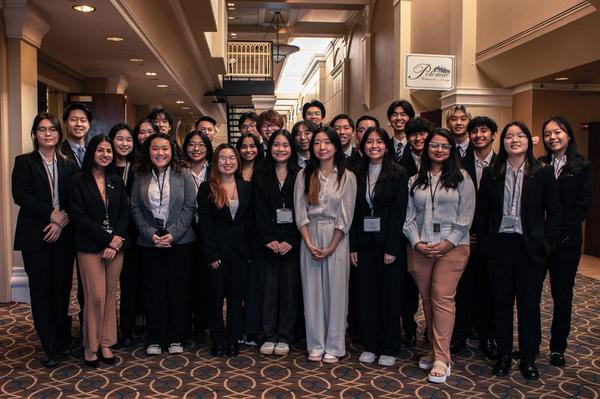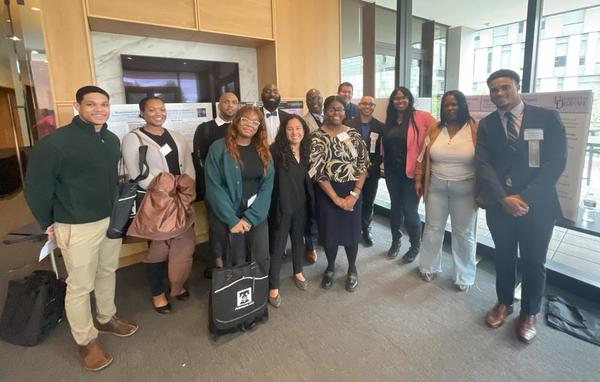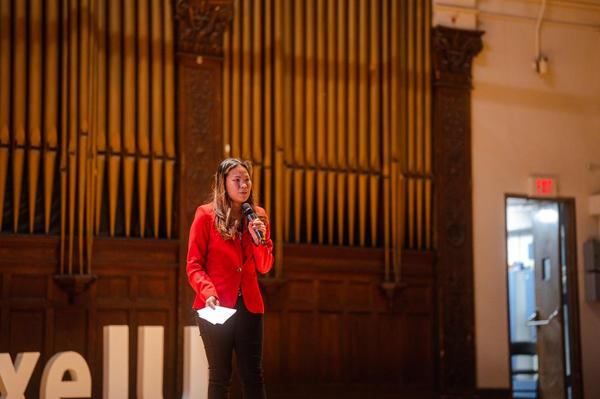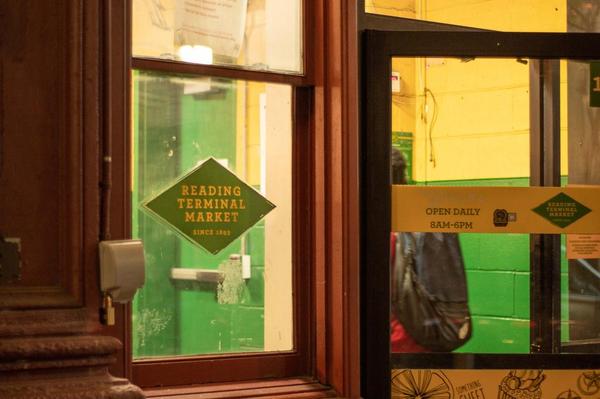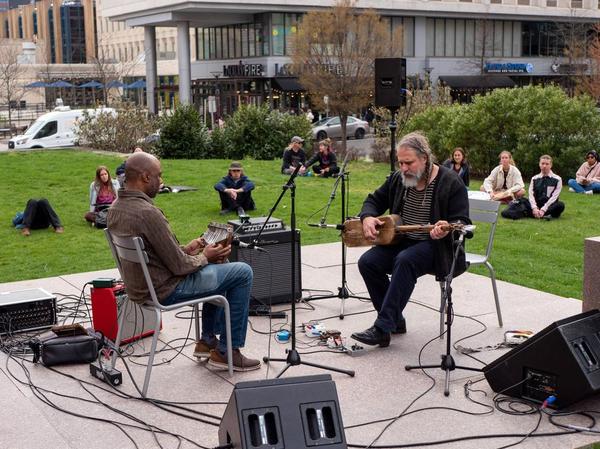Jun. 6, 2025
On Saturday, May 30, Drexel’s Asian Students Association hosted its 30th annual CelebrASIANS Live talent show in the Bossone Research Center auditorium. The show brought a full-house audience in celebration of Asian American Pacific Islander Heritage Month.
“I’m proud that all these performers performed for us, and very grateful [to have their talents at] ASA,” said Kelly Do, a third-year computer science major and the president of ASA. The CelebrASIANS show featured a total of 10 acts, showcasing a mix of individual and duo performances, as well as small and large group performances. Many acts featured students experienced in playing musical instruments.
“[I played] a medley [with] Dominic Scott, arranged from ‘How To Train Your Dragon,’” said Doyeon Yoo, a third-year user experience and interaction design major. “I started [playing violin] in kindergarten, and then I stopped playing in eighth grade. I wanted an opportunity to start it up again, so I brought the idea up to Dom, and CelebrASIANS was a great reason to pick up my violin again.”
Some students also sang live songs for their acts. “We did a medley of popular songs in the past year, and we created a track and played our instruments alongside,” said Alessandra Cabrera, a fourth-year material science major and a member of the musical sister duo Mister Sister.
Cabrera’s sister Nina, a second-year English major, adds, “[We sang] ‘Cupid’ by Fifty-Fifty, ‘Good Luck Babe’ by Chappel Roan, ‘Luther’ by Kendrick Lamar and SZA, ‘One of Your Girls’ by Troye Sivan, ‘Soft Spot’ by keshi, ‘BIRDS OF A FEATHER’ by Billie Eilish and ‘Die With A Smile’ by Bruno Mars and Lady Gaga. I played the guitar and Alessandra played the ukulele.” She also adds that “It was very special to perform with Allie. We used to sing together a lot for theater and for church [over 20 years], but I think it’s our first time performing under that name [Mister Sister]. Because we are sisters, people say our voices sound alike when we talk, so our harmonies kind of reflect how close we are.”
In addition to the musical performances, several student duos and groups performed cover dances, with many of the group performances consisting of members from other student organizations. According to Quan Nguyen, a second-year chemistry major and the Society of Asian Scientists and Engineers’ secretary, “I was actually very excited from the beginning to dance [‘What Is Love?’ by TWICE] with my E-Board members. In the beginning, we practiced once every two or three weeks. And two weeks before [the show], we started to focus and practice more intensely. This was all fun for us.”
Daniel Lee, a second-year architecture major, adds, “My act was [performing] ‘Igloo’ [by Kiss of Life] with KISME. We’re actually from the American Society of Mechanical Engineers, and we thought it would be a fun bit to do all together. [Rehearsing] was kind of chaotic sometimes, but we coordinated, and overall, it was just lots of fun.”
Many of the performers expressed immense pride in having the opportunity to showcase their talents in a supportive environment. “I am not a professional bass player, but since I already knew guitar beforehand, it kind of gave me the ability to be that person who can fill in,” reflected James Virtucio, a fifth-year biomedical engineering major and the bass player for Rose Velour. “Being able to play for this talent show, it kind of gave me a way to perform and play my heart out for my last term at Drexel.”
All ticket proceeds from this show will go to several AAPI charities and nonprofits in Philadelphia, at the choice of the winner in the individual/duo, small group, or big group categories. “[Since the] month of May is AAPI month, the monthly significance, especially for this talent show, is to donate to AAPI charities, and the winners get to choose them,” said Do.
Performances of CelebrASIANS provide the perfect platform for Asian American students at Drexel to express their artistic talents and reconnect with their inner selves. The ASA has gone above and beyond to highlight the power of AAPI artistic solidarity, and help express the importance of intercultural support in uncertain times.
